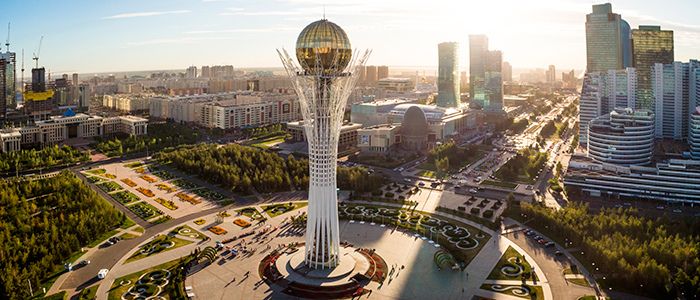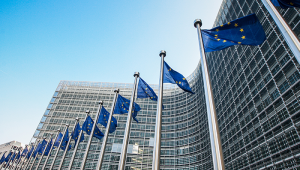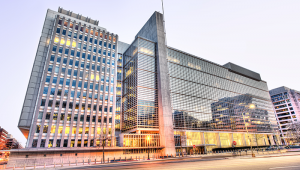kazakhstan-shutterstock_482929021.jpg

Nur-Sultan, the capital city of Kazakhstan
The central Asian country has worked for the past 15 years to bring its public procurement system in line with international standards, but large parts of the system remain limited and inefficient, the bank argued in a new working paper.
“The rules and institutions of Kazakhstan’s public procurement system have reached a level of maturity that could potentially leverage economic and market growth, and drive innovation and environmentally sustainable development,” said World Bank country manager for Kazakhstan Jean-Francois Marteau.
“As president [Kassym-Jomart] Tokayev recently mentioned, competent use of public procurement, and procurement by the quasi-public sector, should be considered as means to restore economic activity post-Covid-19.”
Tokayev, who took office in March 2019, has made public procurement reform a key priority in his modernisation programme, saying he hopes it will help to stop corruption.
In 2017, procurement activities by the state and state-owned enterprises were estimated to be worth $21bn – 13% of GDP.
But Kazakhstan’s mandatory online procurement system led to a contract award in just one-third of cases, with 68% of tender procedures failing and ending up being procured directly from a provider.
The report did not find an immediate explanation for such a high rate of failure, but pointed out that the rules allow the automatic use of single-source procurement if an open tender fails, without making the procuring body seek to understand why.
The World Bank also found that SOEs “remain far outside the general system”, with separate rules creating a “fragmented landscape” for suppliers to navigate.
The report recommended consolidating the procurement system “to ensure greater transparency and value for money”, as well as professionalising the procurement workforce and promoting citizen engagement with procurement processes.












